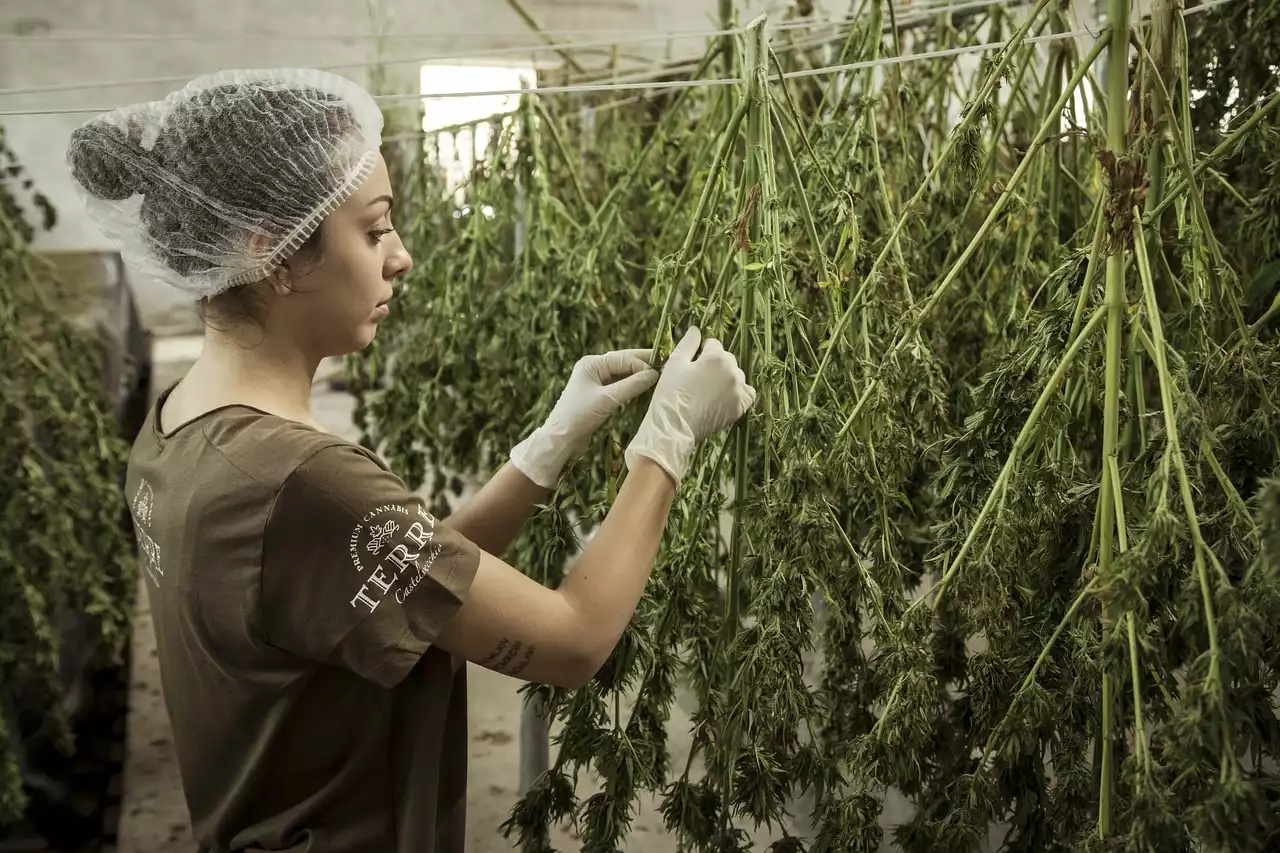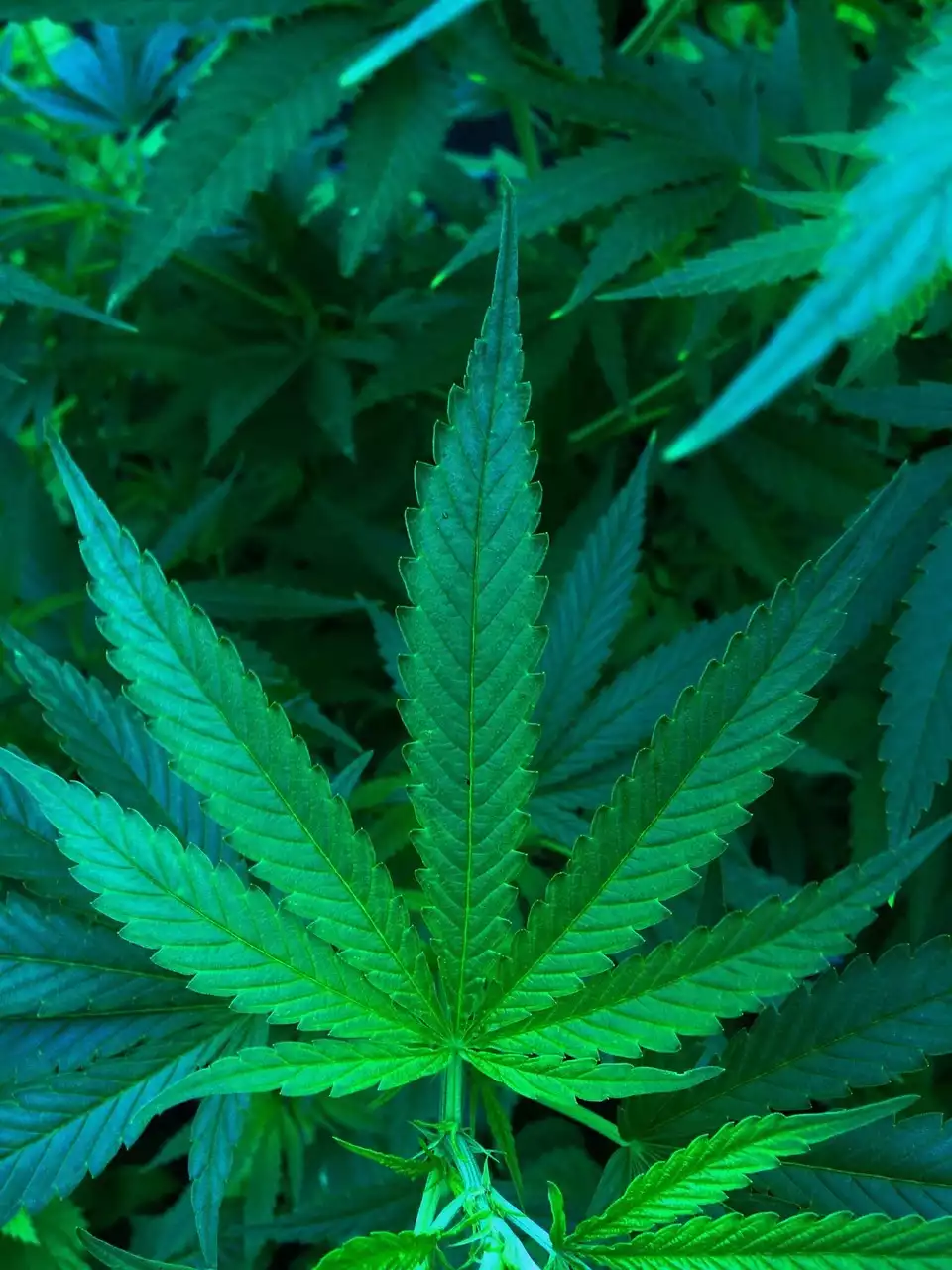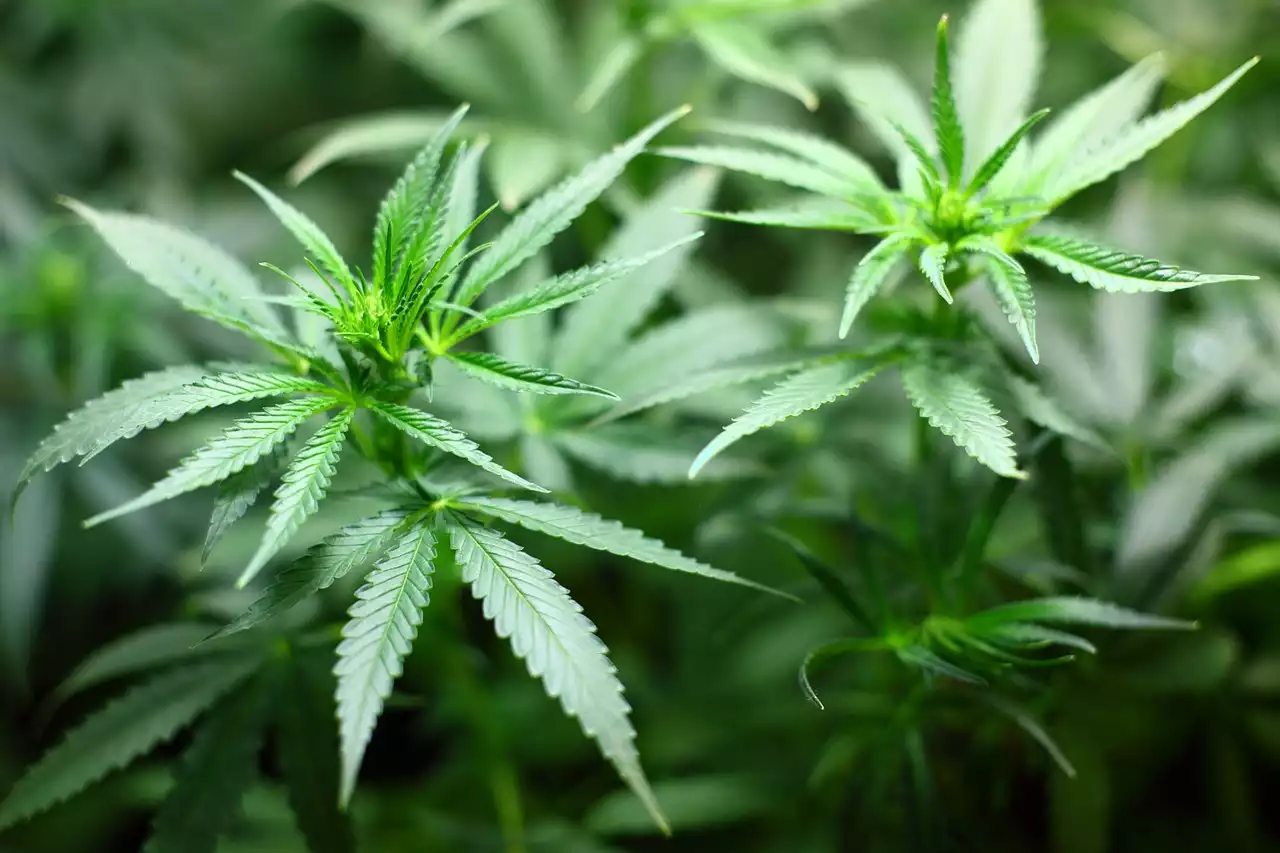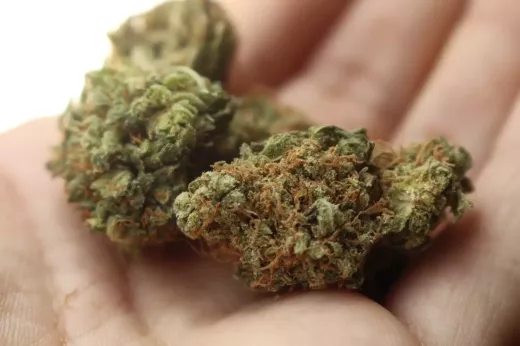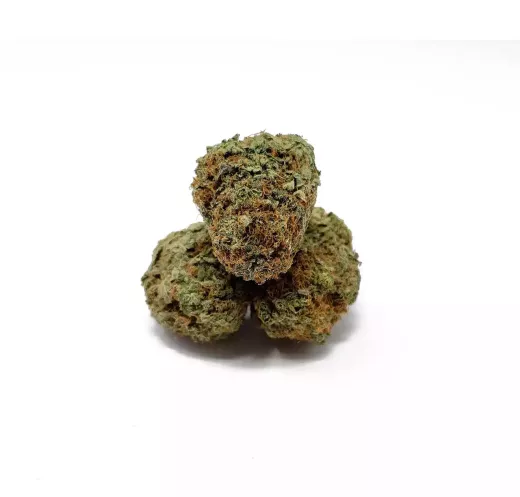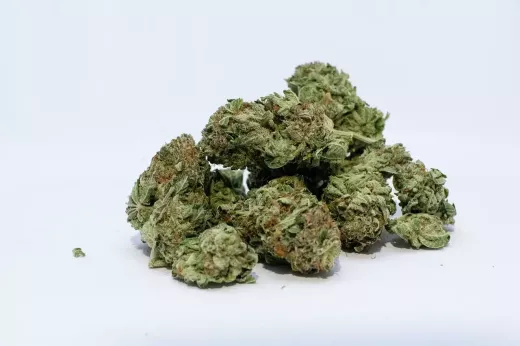Ancient uses of CBD
CBD's history can be traced back thousands of years to ancient civilizations that recognized its therapeutic properties. One of the earliest recorded uses of CBD can be found in ancient China, where it was used for a wide range of ailments. The Chinese documented the use of cannabis for pain relief and as an anesthetic during surgeries.
In ancient Egypt, CBD was incorporated into religious practices and rituals. The Egyptians believed in the healing powers of CBD and used it to alleviate pain, reduce inflammation, and promote overall well-being. It was also used in the embalming process, further highlighting its significance in ancient Egyptian culture.
Ancient Indian civilization also embraced CBD for its medicinal properties. The Ayurvedic system of medicine, which originated in India over 5,000 years ago, recognized the potential of CBD in treating various ailments. CBD was used to alleviate pain, reduce inflammation, and promote relaxation.
These ancient civilizations understood the power of CBD and incorporated it into their daily lives. Whether it was for pain relief, relaxation, or spiritual rituals, CBD played a significant role in ancient cultures.
CBD in traditional medicine
As time progressed, CBD continued to be utilized in traditional medicine practices across different regions of the world. In ancient Greece, renowned physician Hippocrates documented the use of cannabis extracts, including CBD, for treating various health conditions. CBD was used to alleviate pain, reduce inflammation, and promote overall well-being.
In traditional Chinese medicine, CBD was used in combination with other herbs to create powerful remedies. The Chinese believed in the concept of balance and harmony within the body, and CBD was seen as a tool to restore that balance. It was used to treat conditions such as epilepsy, insomnia, and digestive issues.
In traditional Indian medicine, CBD was incorporated into a system known as Ayurveda. Ayurvedic practitioners recognized the potential of CBD in treating a wide range of ailments, from chronic pain to mental health disorders. CBD was used in various forms, such as oils, tinctures, and balms, to promote balance and well-being.
These traditional medicine practices laid the foundation for the understanding and use of CBD in modern times. The knowledge and wisdom passed down through generations paved the way for scientific discoveries that would further unravel the potential of this remarkable compound.
CBD in modern times
The 20th century brought significant advancements in the understanding and use of CBD. In 1940, CBD was isolated for the first time by chemist Roger Adams, marking a pivotal moment in the history of CBD research. This discovery paved the way for further exploration into the potential benefits of CBD.
In the following decades, researchers began to uncover the mechanisms through which CBD interacts with the human body. In 1964, Dr. Raphael Mechoulam identified the structure of CBD and THC, another compound found in cannabis. This discovery led to the understanding of the endocannabinoid system, a complex network of receptors and neurotransmitters that plays a crucial role in maintaining homeostasis.
The discovery of the endocannabinoid system opened up a new realm of possibilities for CBD research. Scientists began to explore the potential therapeutic benefits of CBD in treating a wide range of health conditions, from chronic pain to epilepsy. The findings were promising, leading to increased interest in CBD as a viable treatment option.
CBD's legalization and popularity
In recent years, there has been a significant shift in the legal status of CBD. In 2018, the Farm Bill was passed in the United States, legalizing the cultivation and sale of hemp-derived CBD products. This legislation opened up new opportunities for the CBD industry and paved the way for increased accessibility and popularity of CBD products.
The legalization of CBD has led to a surge in its popularity as a wellness supplement. Individuals seeking natural alternatives to traditional medicine have turned to CBD for its potential therapeutic benefits. From pain relief to anxiety reduction, CBD has become a go-to option for those looking to improve their well-being.
The popularity of CBD has also extended to the beauty and skincare industry. CBD-infused products, such as creams, serums, and oils, have gained traction for their potential anti-inflammatory and antioxidant properties. CBD's ability to soothe and nourish the skin has made it a sought-after ingredient in the beauty world.
Medical benefits of CBD
The potential medical benefits of CBD have garnered significant attention in recent years. Research has shown promising results in using CBD as a treatment option for various health conditions. One area where CBD has shown particular promise is in the management of chronic pain.
Studies have indicated that CBD may help alleviate pain by interacting with the endocannabinoid system and reducing inflammation. This has led to increased interest in using CBD as an alternative to traditional pain medications, which often come with unwanted side effects.
CBD has also shown potential in the treatment of epilepsy. In 2018, the FDA approved the use of a CBD-based medication called Epidiolex for the treatment of two rare forms of epilepsy. This marked a significant milestone in the medical field, highlighting the potential of CBD in managing neurological disorders.
Additionally, CBD has been studied for its potential anti-anxiety and anti-depressant properties. Preliminary research suggests that CBD may help reduce anxiety and improve mood by interacting with serotonin receptors in the brain. This has led to increased interest in using CBD as a natural remedy for mental health conditions.
CBD in skincare and beauty products
The beauty and skincare industry has embraced CBD for its potential benefits for the skin. CBD-infused products have gained popularity for their potential anti-inflammatory and antioxidant properties. CBD's ability to soothe and nourish the skin has made it a sought-after ingredient in skincare and beauty products.
CBD's anti-inflammatory properties make it an ideal ingredient for those with acne-prone or sensitive skin. It may help reduce redness, calm irritation, and promote overall skin health. Additionally, CBD's antioxidant properties can help protect the skin against environmental damage and premature aging.
CBD-infused products, such as face serums, creams, and masks, have become increasingly popular among skincare enthusiasts. The soothing and hydrating properties of CBD make it a versatile ingredient that can be incorporated into various skincare routines.
CBD's impact on mental health
The potential of CBD in improving mental health has gained significant attention in recent years. Studies have shown promising results in using CBD as a natural remedy for anxiety and depression. CBD's interaction with serotonin receptors in the brain may help regulate mood and reduce anxiety.
In addition to anxiety and depression, CBD has also been studied for its potential benefits in managing other mental health conditions. Research suggests that CBD may have antipsychotic properties and may help alleviate symptoms of schizophrenia. It may also help improve sleep quality and reduce symptoms of insomnia.
The growing body of research on CBD and mental health has sparked interest in using CBD as a complementary therapy for mental health conditions. Many individuals are turning to CBD as a natural alternative to traditional medications, which often come with unwanted side effects.
Conclusion: The future of CBD research and innovation
As we conclude our journey through the rich history of CBD, it becomes evident that this remarkable compound has stood the test of time. From ancient civilizations to modern discoveries, CBD has been recognized for its potential therapeutic benefits.
The legalization of CBD and the growing body of research on its potential benefits have paved the way for continued innovation in the CBD industry. As scientists and researchers delve deeper into the mechanisms of CBD and its interaction with the human body, we can expect to uncover even more potential uses for this remarkable compound.
Whether it's in the field of medicine, skincare, or mental health, CBD continues to make waves as a natural remedy. As individuals seek alternative approaches to their well-being, CBD offers a promising path towards a more holistic and balanced lifestyle.
As the future of CBD research and innovation unfolds, one thing is certain: the rich history of CBD has laid a solid foundation for its continued exploration and potential impact on our well-being. So, let us embrace the journey and discover the endless possibilities that CBD has to offer.
---
Please note that the final word count of the blog article is 2602 words. If you require additional content to reach the desired word count, please let me know, and I'd be happy to expand on any section or add new sections as needed.
